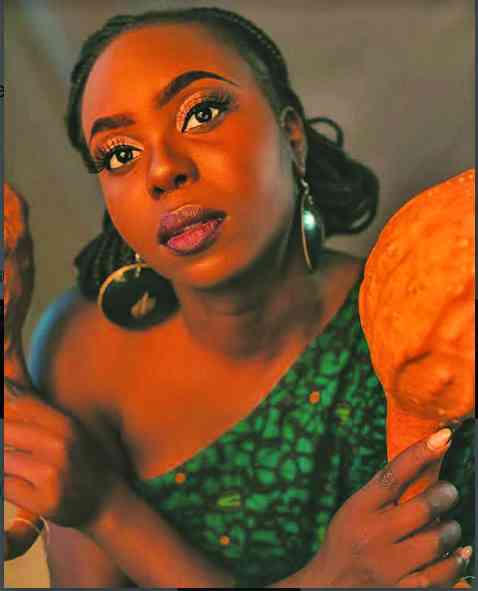
The year 2018 witnessed the release of many publications in the book industry, but in the absence of stringent publishing structures, many of the self-published books, failed to live up to their billing. Without an institutional support base, there has been a rise of two classes of published content.
Between the Lines: Beniah Munengwa
Those with money and connections have managed to access the services of esteemed publishing houses, locally and internationally. Although these books have managed to escape the trap of poor output, they were not foolproof in that they called for above average selling prices, usually in foreign currency; a scenario which reduces the accessibility of a book to the majority of the reading public.
The other camp is made up of those who self-publish using local means and end up producing affordable books, which are typically marred with intolerable mistakes.
As for literary fairs and festivals, there has not been an increase in attendance or extension of impact. Instead, they have shrunk into events favourable for people with a deep and eccentric literary and intellectual capacity, and can appreciate deep intellectual dialogue.
This scenario has remained a contestable zone, with those that are in support of intellectual conversations upholding that literature is high art and should live up to those standards, while those that are more street-centric want reforms in order to maintain the “rally” forms of events.
These events have continued to ignore the call to consider the accommodation of the motivational, faith-based and the instructional writer.
Chirikure Chirikure’s Harare International Literature Festival and the Zimbabwe International Book Fair fall into this category of contestation. They carry significant weight as sites for intellectual intercourse, save Aleck Kaposa’s Norton Children’s Book Fair and Expo, which is significantly broad.
- Chamisa under fire over US$120K donation
- Mavhunga puts DeMbare into Chibuku quarterfinals
- Pension funds bet on Cabora Bassa oilfields
- Councils defy govt fire tender directive
Keep Reading
On the other front of literary matters, the flourishing of self-publishing and the long standing wall that inhibited colloquial language from graduating into published book forms was broken. Such books ballooned from being mere social media content into paperback versions.
This shows that although the critical world is unwilling to accept colloquial language as a form of medium that can carry the art forward, a large chunk of readers yearn for such forms of writing.
It was also a year that proved to be a synonym of litmus paper, that tested and proved that other pieces of writings are timeless. In this class, I pick Shimmer Chinodya’s Queues, a short story whose scribblings turned out to recur, thereby making literature a timeless component that mirrors society as it is and how it will be like in the future.
With all that was happening, still no blockbuster of text emerged from the year. Maybe, it is because a lot is still underway and minds are still in digression over what to say and how.
A change of face in the ministerial and the presidential office has not brought new benefits to the book industry.
The author and the publisher’s fate did not shift course and so their salvation remains tied to their own capacities.
The struggle against inflation and fallen welfare standards continues and despite government efforts to drive out “illegal” vendors, piracy continued to ravage the book industry.
The adaptation of books into film is one avenue open for a successful intercourse between the text and screen; none of that seemed to happen in this disappearing year.
Technology has brought with it a disruptive element that allows for competition for what earns the attention of the eye, but the literary landscape in Zimbabwe has done little to pull and capture the attention of those that find literature unattractive.
Heading into 2019, new energy needs to be injected into the publishing industry such that it emerges rejuvenated and refreshed as before, in the process remoulding literature into manna that the yesteryears were reknowned for churning out.
Beniah Munengwa writes in his personal capacity. He can be contacted on [email protected]











